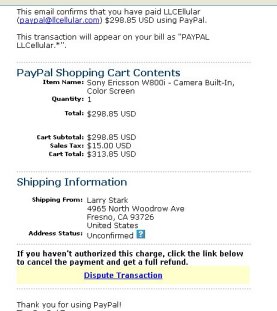Symantec Update For 1 Clean Computer
OK, looks like Symantec was working triple time over the holiday weekend. I have to give credit where credit is due - and they do deserve credit for issuing a patch for this vulnerability so quickly. . .especially in a field where it usually takes weeks or months to correct these kinds of flaws.
"Symantec is a company used to responding rapidly," Vincent Weafer, a senior director at Symantec Security Response said. "In less than 24 hours of the issue being reported to us, the Symantec teams delivered [intrusion protection] signatures to protect our customers from any possible exploit attempt -- and in less than three days, Symantec delivered fixes for the vulnerable product."
I will eat crow on this one - my hat is off to Symantec for their timeliness and responsiveness on this issue.
